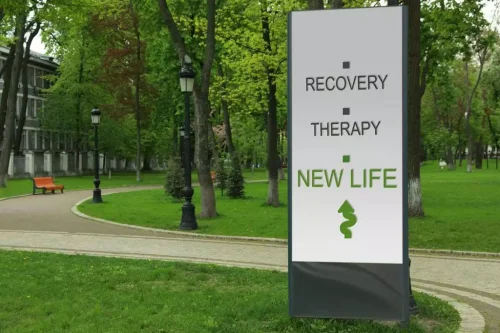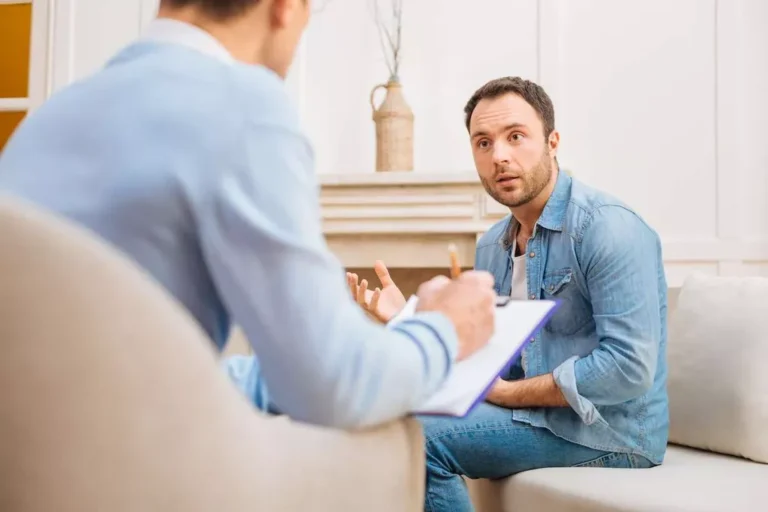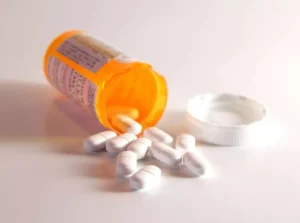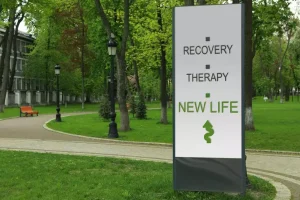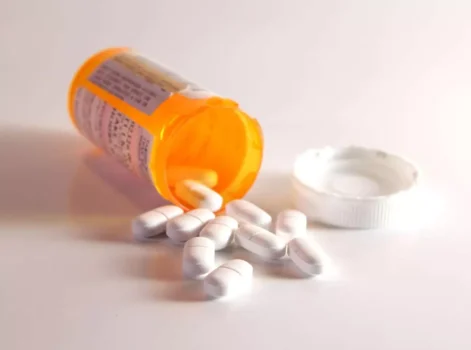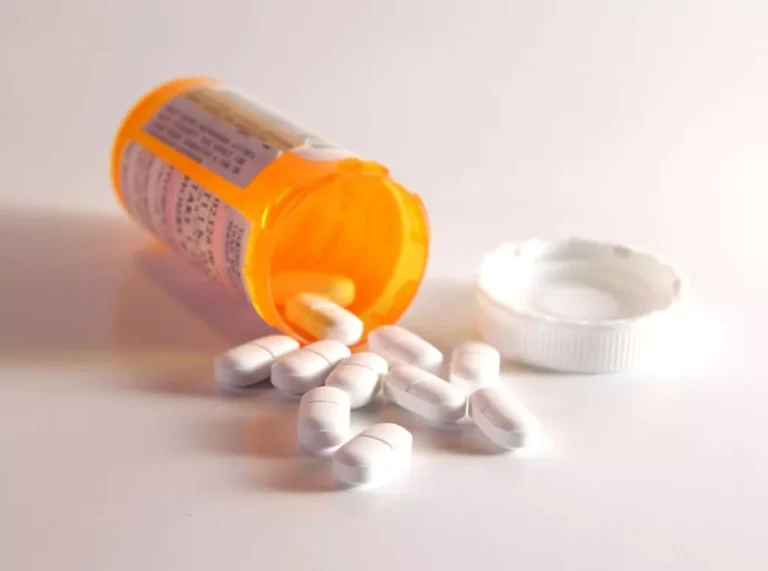It should not be used in place of drug addiction treatment the advice of your physician or other qualified healthcare provider. A person might think that having a drink before bed may help them sleep because alcohol helps them relax. Because of drinking’s negative impact on sleep cycles, a person does not sleep as well if they drink before bed. Insomnia after quitting alcohol may cause you not to get enough sleep.
Physical Activity and Sleep
Continue your journey and explore the science behind insomnia after alcohol detox. A new study gives us more insight into how stress, depression, insomnia, and heavy drinking are all linked. It goes a significant way towards untangling the complicated relationship that all four of these issues have with each other. Consuming alcohol may present a higher risk of developing sleep apnea. In a 2018 study, researchers found that alcohol increases this risk by 25%. More severe cases of chronic insomnia may require different treatment strategies.
- At any rate, a regular nighttime drinking habit will increase your odds of poor-quality sleep over time.
- Developing a relaxing bedtime routine can signal to your body that it’s time to wind down and prepare for sleep.
- One of the issues a person may find challenging to cope with is insomnia – the inability to fall asleep when all you want to do is close your eyes and rest.
- Anxiety, depression, and extreme cravings are typical psychological withdrawal symptoms.
Surprising Ways Hydration Affects Your Sleep
If you’ve struggled with insomnia in early sobriety for a while, please know that it will not last forever. The more you can make your bedroom (and bed) a soothing, comfortable space, the likelier you will sleep well. Then I received the unexpected gift of sleeping in a room with blackout curtains, a breezy ceiling fan, and no baby monitor.
Remedy #5: Multi-Nutrient Formulas
“However, falling asleep faster is the only real benefit of alcohol for sleep.” If you quit drinking and remain sober, you can have significant sleep problems long after you stop drinking. Insomnia from alcohol use is pretty common, and studies have shown that anywhere from 36% to 91% of those who are alcohol dependent will struggle with sleep disturbances or insomnia. This is all due to how alcohol impacts your sleep cycles, along with its other physical and mental health effects. Individual health factors and genetics also play a role in sleep recovery. Some people may have naturally resilient sleep patterns that bounce back quickly, while others may struggle with sleep issues even before alcohol use. Underlying health conditions, such as depression, anxiety, or sleep disorders, can also impact the recovery process.
Studies have shown that when you get up the next day, you may be less alert because of your drinking the night before, even though you no longer have alcohol left in your body. The worst part is obviously the next day since due to the poor sleep my brain is at 50%, my energy level is low, and I might feel anxious (“hangxiety”). I also am super anti social the next day and just want to spend time to myself. In the short term, alcohol can relax you and serve as an effective sleep aid. If you’re sober enough to comprehend what’s going on, these before-bed tips will give you the best chance of safely sleeping through the night.
Lorazepam vs Diazepam for Sleep: Comparing Two Common Benzodiazepines
I have tried all of the above with good results, and I still use 5-HTP and L-theanine on a regular basis. In my opinion, NAC in particular is an underrated solution for anxiety and insomnia during post-acute withdrawal. I still use lemon balm and chamomile on a near-daily basis, and I use passion flower with great results whenever I have serious trouble sleeping. I still take ashwagandha because it has anti-aging benefits, and I feel more calm when I take it. Some of these solutions were serendipitous discoveries that I found through a process of trial and error.
My favorite amino acid of all is DLPA, which is not specifically used for insomnia. In fact, it’s not advisable to take DLPA before bed, because it is a combination of amino acids that are precursors for neurotransmitters that can make you feel euphoric and motivated. I’ve discussed amino acids often on this site, because they are the building blocks for neurotransmitters that are depleted by long-term alcohol consumption.
The Turning Point: Prioritizing Recovery
Some people find that exercise before bed helps promote sleep, while others find it more effective to exercise in the morning. You will ultimately have to figure out which time of day https://ecosoberhouse.com/ best promotes sleep at night. However, napping makes it harder for you to fall asleep at night.
- Join our global mission of connecting patients with addiction and mental health treatment.
- So, what do you do if you need to ensure a good night’s sleep after one too many beverages?
- Your total sleep time generally increases as your body adjusts, though sleep quality often remains variable from night to night.
Many people experience anxiety, irritability, depression, intense cravings, difficulty concentrating, and mood swings during withdrawal. There are many medications used to treat insomnia, including benzodiazepine and nonbenzodiazepine medications. If you’re in recovery, your healthcare provider will need to weigh the risks and benefits of prescribing these insomnia after drinking medications for insomnia.

